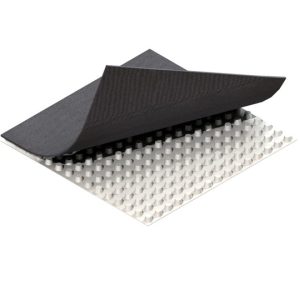The Ultimate Guide to Understanding Triangles: Types, Properties, and Real-World Applications
The Ultimate Guide to Understanding Triangles
Triangles are one of the most fundamental shapes in geometry, found everywhere from ancient architecture to modern technology. Understanding their properties opens up a world of mathematical and practical applications.
Types of Triangles
Triangles are classified by their sides and angles, creating distinct categories with unique properties.
Equilateral Triangles
All three sides and angles are equal, making them perfectly symmetrical. Each interior angle measures 60 degrees.
Isosceles Triangles
These have two equal sides and two equal angles, offering a balance between symmetry and versatility.
Scalene Triangles
No equal sides or angles, representing the most common type found in irregular structures.
Essential Triangle Properties
Key characteristics define how triangles behave in mathematical and real-world contexts.
Angle Sum Theorem
The sum of interior angles always equals 180 degrees, a fundamental rule for geometric calculations.
Pythagorean Theorem
In right triangles, the square of the hypotenuse equals the sum of squares of the other two sides.
Real-World Applications
Triangles provide structural stability and aesthetic appeal across numerous industries.
Architecture and Engineering
From bridge trusses to roof supports, triangular designs distribute weight efficiently and prevent collapse.
Navigation and Surveying
Triangulation techniques enable precise location mapping and distance calculations for GPS systems.
Frequently Asked Questions
Why are triangles considered strong structures?
Their fixed angles distribute forces evenly, making them resistant to deformation under pressure.
How many types of triangles exist?
Primarily six: three classified by sides (equilateral, isosceles, scalene) and three by angles (acute, right, obtuse).
Master Triangle Fundamentals
Ready to dive deeper? Explore comprehensive triangle basics through interactive tutorials and practical examples.
Start Applying Triangle Knowledge Today!
Whether you’re a student, designer, or enthusiast, understanding triangles enhances problem-solving skills across disciplines. Practice identifying triangle types in everyday objects to strengthen your geometric intuition.


